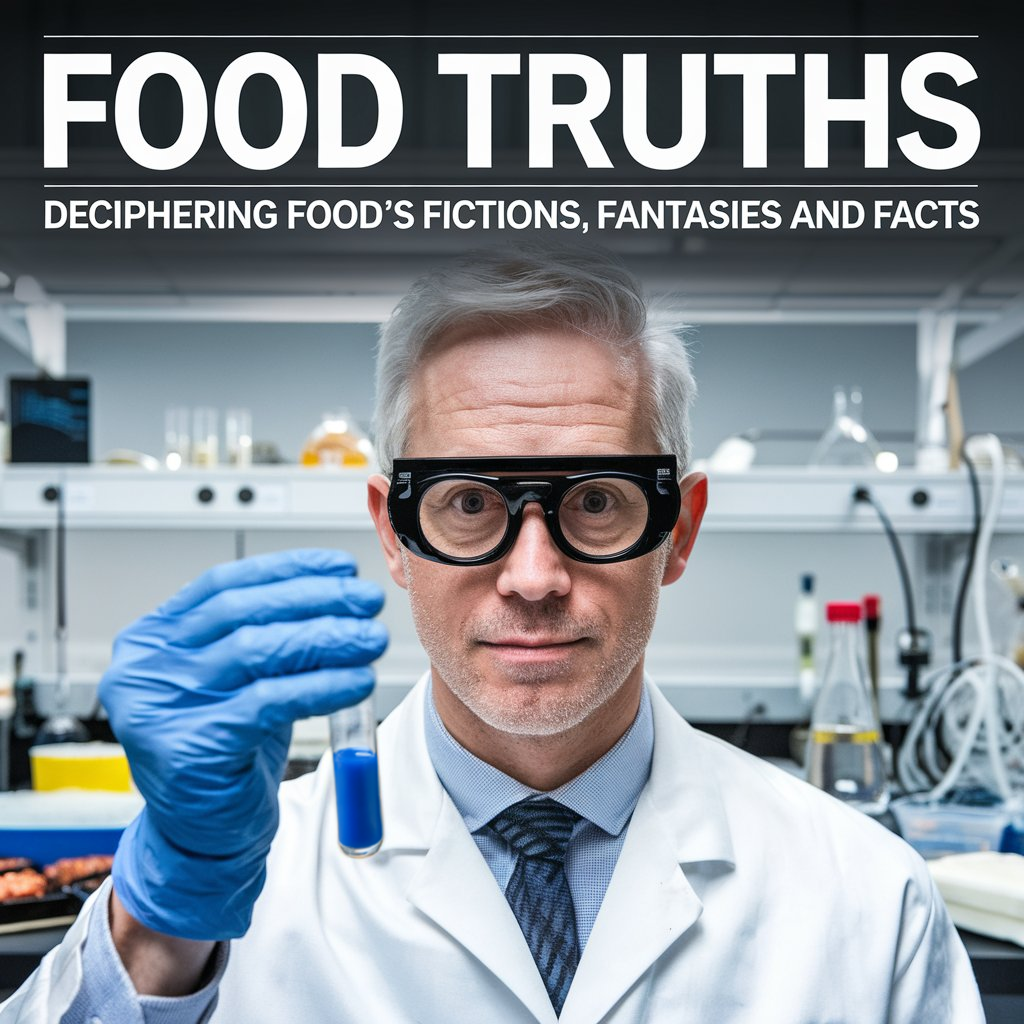
Within the second episode of Meals Truths on our newly introduced Spoon Podcast Community, Eric Schulze sits down with Jack Bobo, Government Director of the Rothman Household Institute for Meals Research at UCLA, to dive into the complexities of meals manufacturing, client psychology, and the evolving various protein market. However my greatest takeaway? The meals business must do a a lot better job of speaking with customers—and meaning factoring in client psychology from the very starting, not as an afterthought.
As Bobo mentioned on LinkedIn concerning the episode: “How we talk innovation can imply the distinction between acceptance or rejection, progress or pushback.”
A Profession Rooted in Meals and Coverage
The dialog begins with a glance again at Jack’s profession trajectory, which began on a self-sustaining farm in Indiana. He initially pursued environmental science and regulation in class, however his profession trajectory finally landed him on the U.S. State Division, the place he found that agriculture was on the root of great environmental challenges like deforestation and water consumption. This realization that sustainable meals manufacturing may very well be an answer relatively than an issue set him on a path to affect world meals coverage.
After a decade on the State Division engaged on agricultural biotechnology, sustainability, and meals safety, Bobo moved into the personal sector, specializing in progressive meals applied sciences. Now, as the pinnacle of UCLA’s Rothman Household Institute for Meals Research, he’s not simply analyzing market forces—he’s navigating the competing narratives in meals and ag tech, working to bridge divides by way of science and psychology to reshape how meals, innovation, and sustainability are mentioned.
Shopper Psychology and Meals Communication
Considered one of Bobo’s greatest takeaways from his time on the State Division was how psychology shapes public perceptions of meals. He discovered that main conversations with science and expertise would usually alienate customers as an alternative of persuading them. As an alternative, he turned to behavioral science, cognitive psychology, and advertising methods to higher perceive how individuals make meals selections.
“Science originally of the dialog simply polarizes the viewers,” Bobo mentioned. “Those that agree with you, agree extra. However those that don’t truly push additional in opposition to you. The hot button is to border messages in ways in which join emotionally and align with individuals’s present values.”
Bobo argues that many various protein corporations fail as a result of they focus an excessive amount of on their mission and never sufficient on the sensory expertise of their merchandise. Shoppers purchase meals for style, comfort, and worth—not for environmental influence or technological novelty. The important thing to successful them over is to supply indulgent, satisfying merchandise and market them in a means that aligns with present client meals preferences relatively than attempting to transform them by way of ideology.
Whereas the choice protein business has made strides, Bobo believes many corporations have miscalculated their method.
“Most individuals gained’t purchase your product as a result of they consider what you consider,” he mentioned. “They are going to purchase it despite it. It’s essential get your private beliefs out of the way in which and allow them to take pleasure in your product with out feeling like they must undertake a brand new ideology.”
He additionally mentioned pointless conflicts with the normal meat and dairy industries. The largest competitor to dairy, Bobo argues, isn’t plant-based milk—it’s bottled water. Equally, various proteins ought to focus much less on changing meat and extra on coexisting inside a various meals system.
At UCLA, Bobo goals to sort out the rising tensions in meals debates by making use of behavioral science to communication methods. He hopes to foster collaboration throughout the meals business and scale back the polarization that always slows progress. By higher understanding client psychology, he believes corporations can introduce sustainable and nutritious meals improvements extra successfully—with out alienating the very customers they’re attempting to achieve.
You’ll be able to take heed to the complete dialog on Apple Podcasts, Spotify or wherever you get your podcasts. It’s also possible to watch the complete dialog under. Should you like this, ensure to subscribe to Eric’s new podcast and go away a evaluation!

